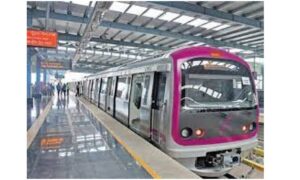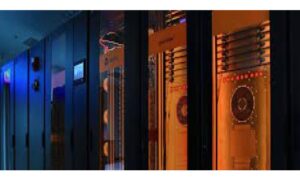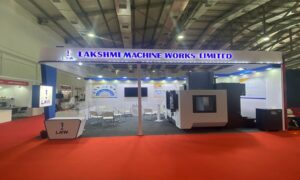MTN Foundation in partnership with UNHCR donated solar-powered fridges to health centres that would become the salvation to a pandemic in the refugee settlement.
Uganda is fighting the coronavirus that the World Health Organization (WHO) declined as a pandemic and has claimed “hundreds of thousands” of lives. In the fight to combat the virus, the government set up SOPs directives such as wearing masks, social distancing, sanitizing, regular washing of hands as well as gone the extra mile of suspending public & private transportation, closing down businesses, limiting the number of people in offices.
As the fight continues, the government began administering a mass vaccination exercise of Covid-19 country-wide that will ultimately have the critical percentage of all citizens, residents, and refugees get the jab —while still following SOPs. According to online sources, over 800,000+ citizens have been vaccinated and these are mostly people from Urban areas.
With the country receiving more Covid-19 vaccine doses, the rural people and refugees are among the people that are to get vaccinated. However, most health centres in rural areas and refugee camps are having the problem of the vaccines getting destroyed due to a lack of refrigeration.
“Within an average of four hours, a non-refrigerated vaccine becomes ineffective,” said Amos Asiku, the facility in charge at Bidibidi Health Centre III in Northern Uganda. Who adds that the vaccines getting destroyed due to lack of refrigeration at the health centre which has been operational since 2016.
In a twist of events, MTN through its foundation arm, MTN Foundation partnered with the United Nations High Commissioner for Refugees (UNHCR) and donated solar-powered fridges to 10 health centres that would become the salvation to a pandemic in the refugee settlement.
According to Asiku, the fridge has been very critical in the safekeeping of the Covid-19 vaccines which were received in May and have been administered in accordance with Ministry of Health guidelines. “Covid-19 vaccines are maintained on the cold chain so we are able to maintain them under cold conditions to keep them safe until such a time when people wanted to take the vaccine,” he said.
The health centre is a medical relief to South Sudanese refugees and most recently Congolese refugees along with the area host community.
Cookie Consent
We use cookies to personalize your experience. By continuing to visit this website you agree to our Terms & Conditions, Privacy Policy and Cookie Policy.














